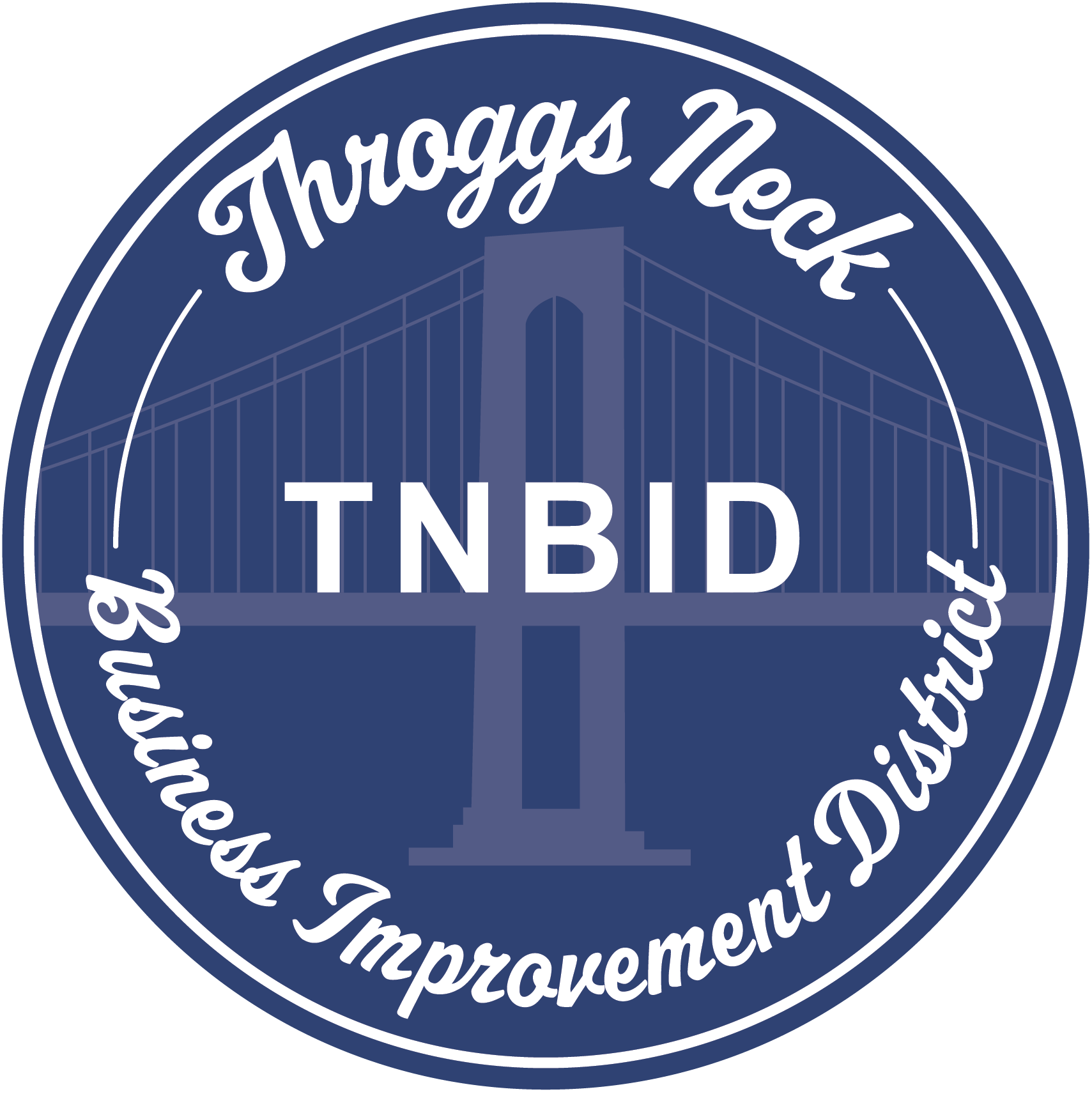Federal Reserve: Main Street Lending Program – An Overview
Description
The Federal Reserve has announced that it is establishing a Main Street Lending Program (Program) to support lending to small and medium-sized businesses that were in sound financial condition before the onset of the COVID-19 pandemic.
This session will be led by OLSHAN LLP and review the Main Street New Loan Facility (MSNLF), the Main Street Priority Loan Facility (MSPLF), and the Main Street Expanded Loan Facility (MSELF).
These programs are provided by the Bronx Business Organization Coalition. A partnership of the Third Avenue Business Improvement District, Bronx Chamber of Commerce, Jerome Gun Hill Business Improvement District, Bronx Overall Economic Development Corporation, Business Initiative Corporation of New York, South Bronx Alliance, Southern Boulevard BID, Belmont BID, Westchester Square BID, and White Plains Road BID.
Time
May 5, 2020 09:00 AM in Eastern Time (US and Canada)
To Register: go to https://us02web.zoom.us/webinar/register/WN_9UwVIclCSGaefslt608Myg
